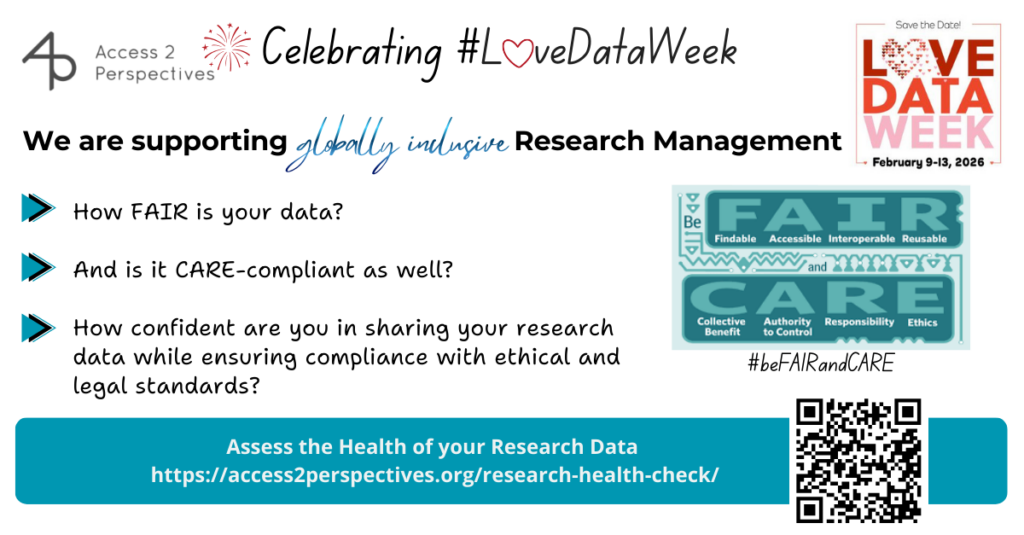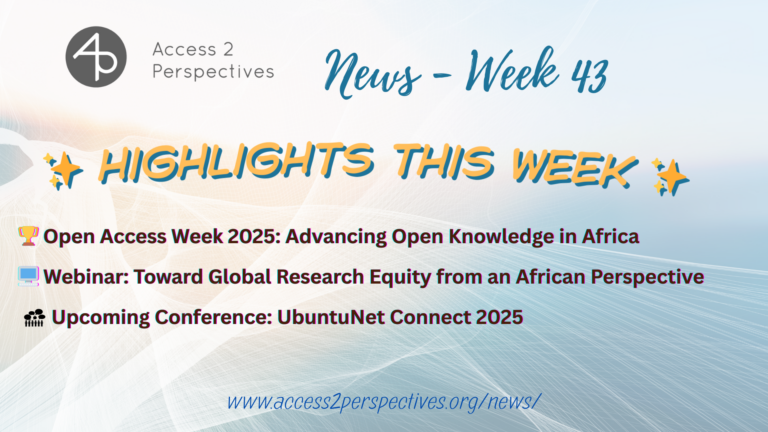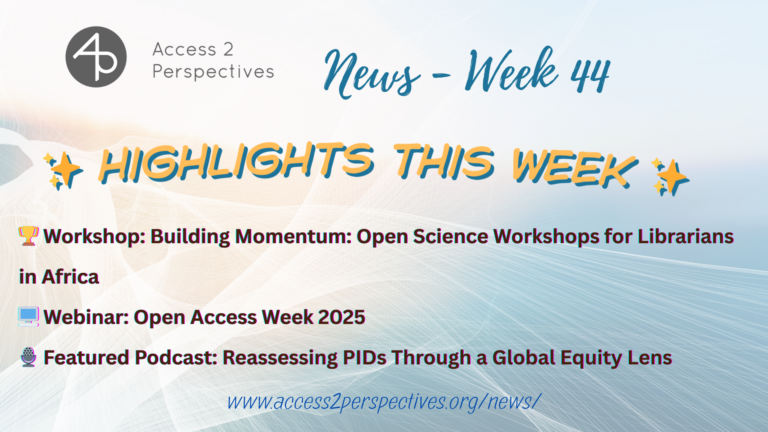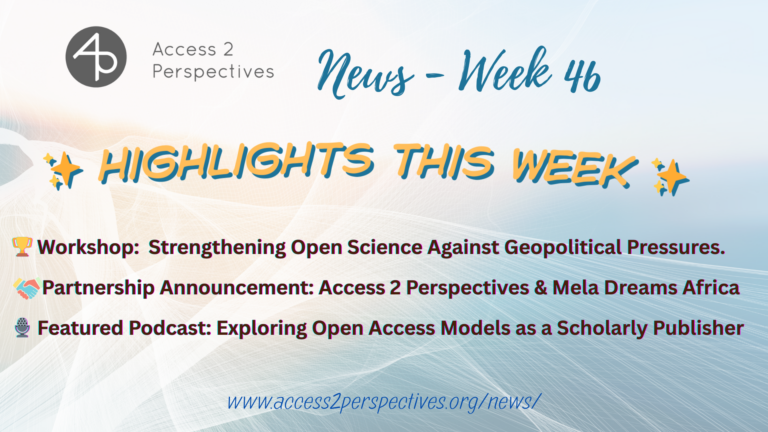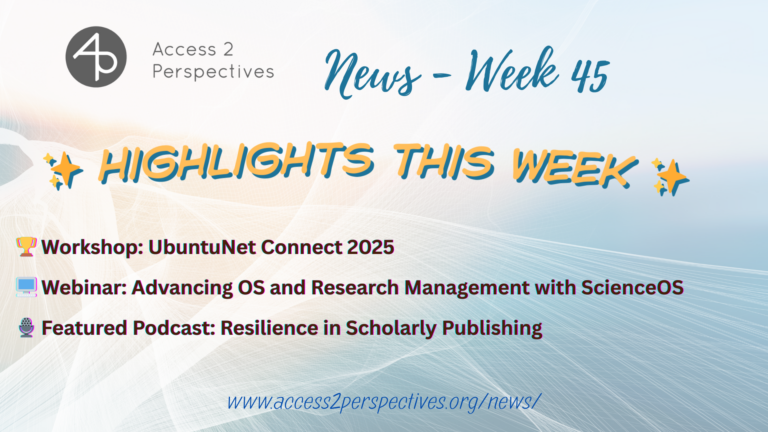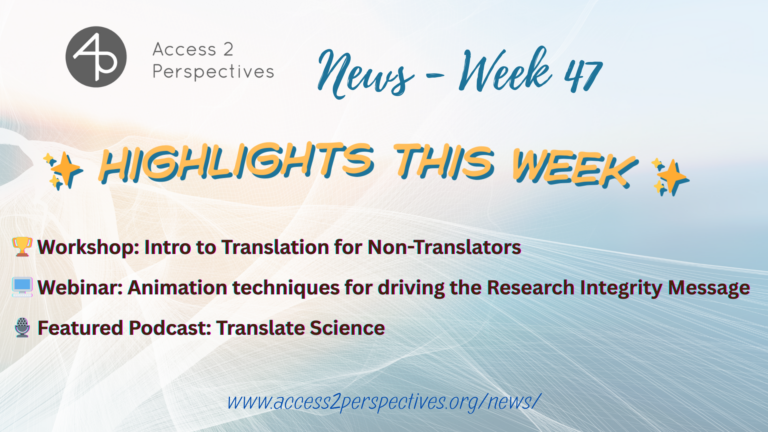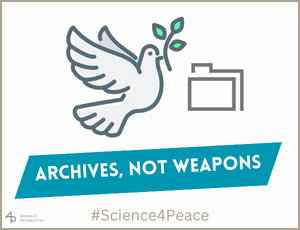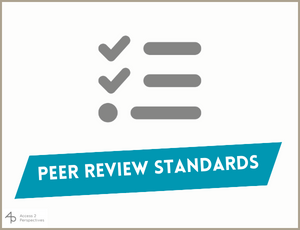Globally inclusive
Research management and
Science communication …
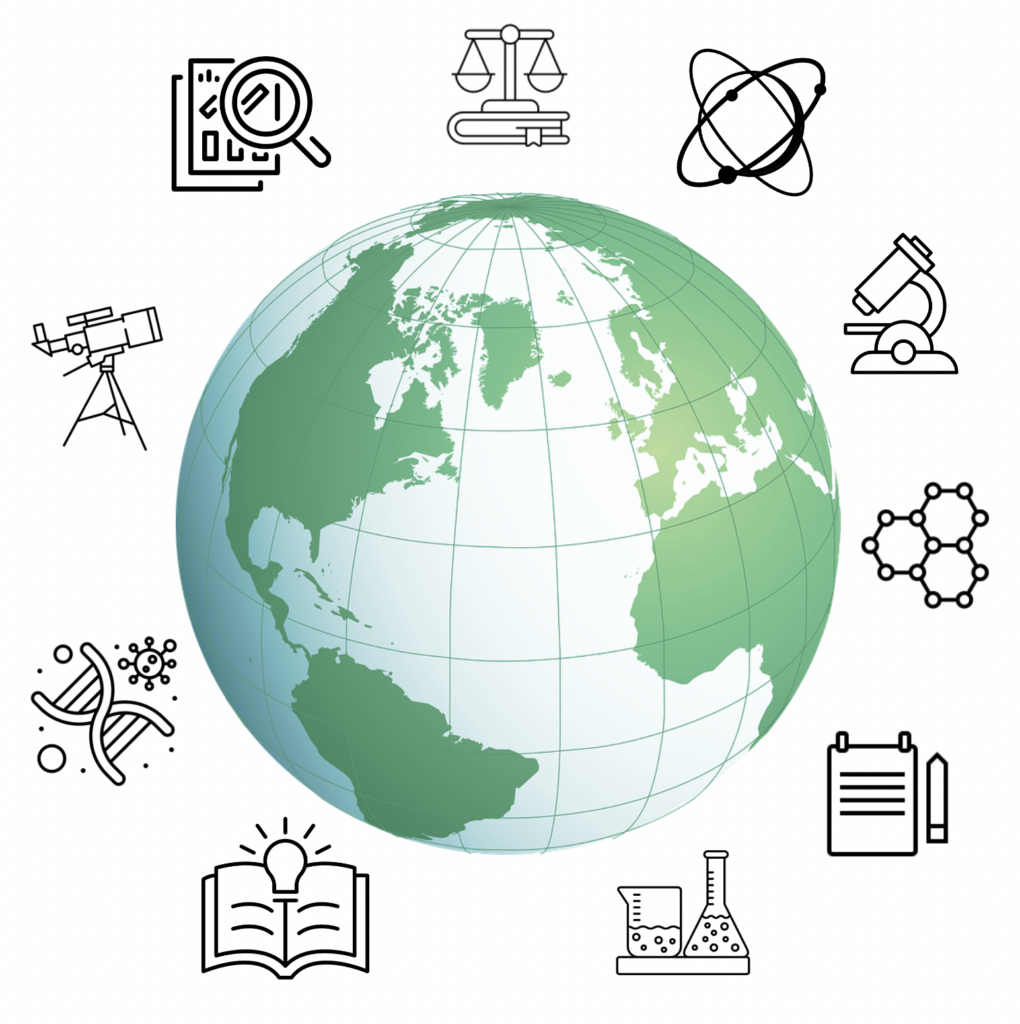
… for the benefit of society and our planet.
Training and consultancy for researchers and research stakeholders
- Equipping researchers with skills and tools for a joyful career
- Based on Open Science principles and established scholarly standards
- Facilitating multilingualism, global research equity, and knowledge sharing





New course catalogue 2025
Our training programs are aligned with the UNESCO Open Science Recommendation (https://www.unesco.org/en/open-science) and adhere to Open Science facilitating scholarly principles, standards, and best practices.
We aim to equip researchers and research stakeholders with the skills and confidence to navigate challenges and opportunities in the research practice while adhering to national, regional, and international research standards and policies.
Contact us to explore how we can work together:
Email: info@access2perspectives.org
All our course topics can be delivered in the following formats:
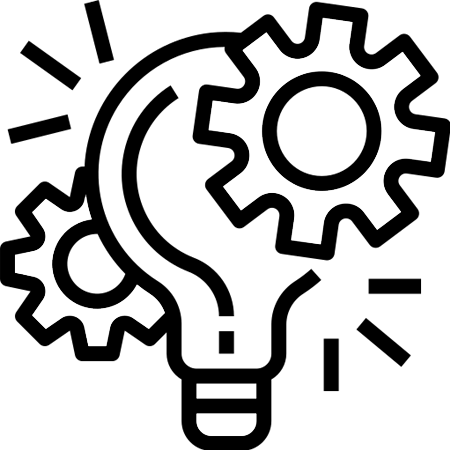
Consulting & Mentoring
Open up your research workflow, from literature search, methodology to dissemination of your results.
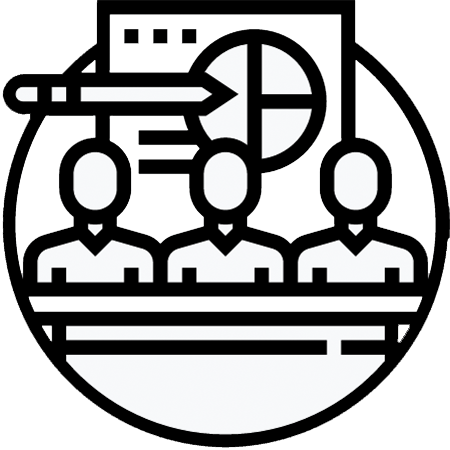
Workshops & trainings
Topics covered are backed by real examples and relate to the participants’ research projects and disciplines.
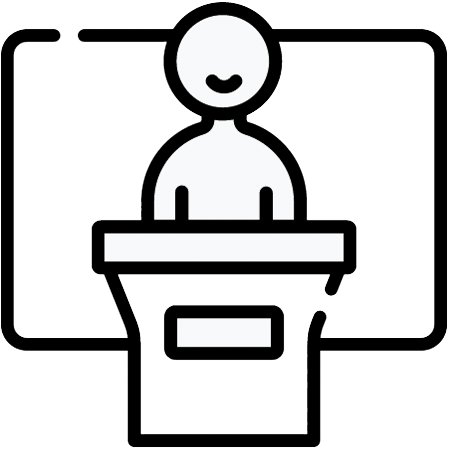
Speeches, talks & seminars
We cover all our course topics and projects in a talk or seminar for your audience.
Supporting Research and Publishing in Key Areas





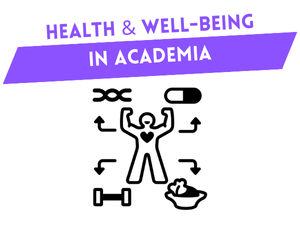
News
We are looking forward to hearing from you.
Contact us if you have any questions or need further information about our courses. Our team is ready to assist and discuss how we can tailor the topics to suit your needs.

